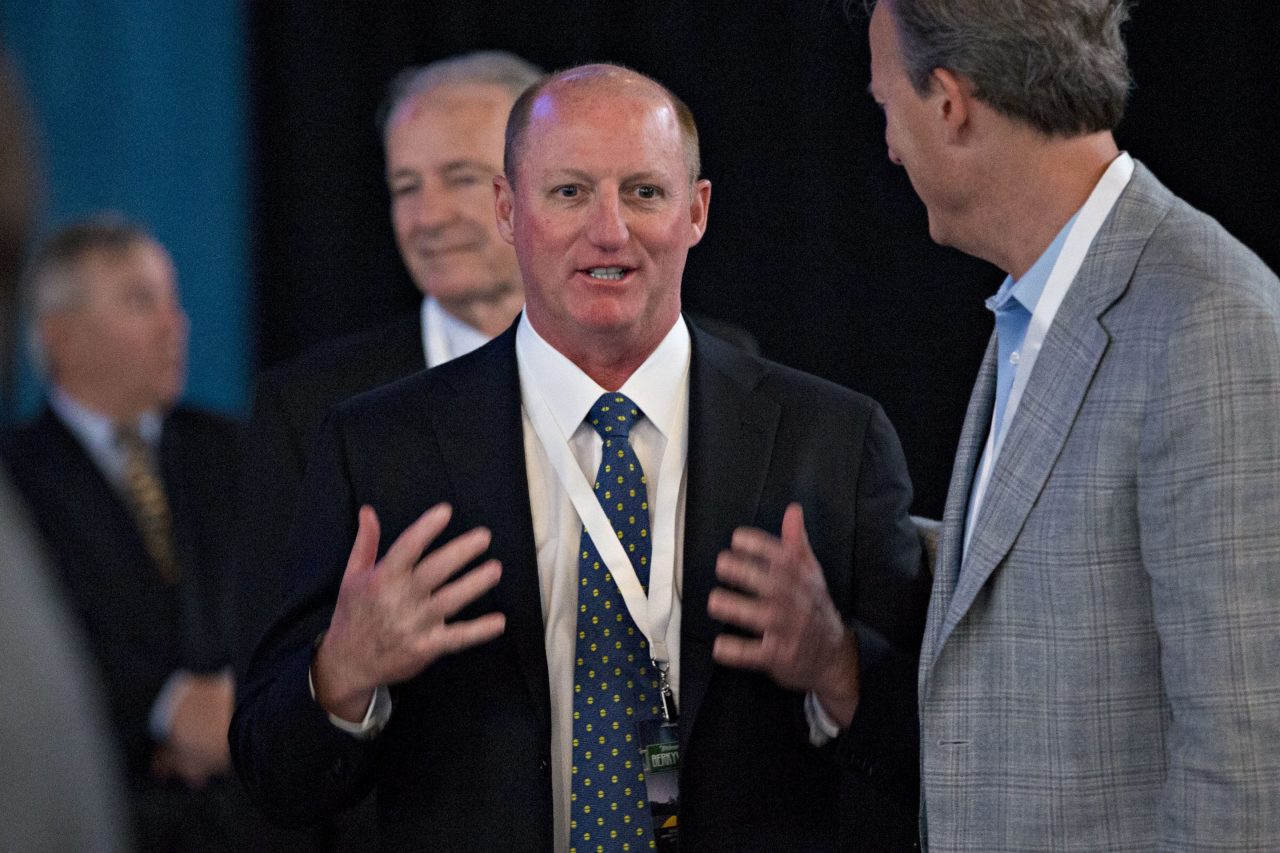Introduction
As Gen Z enters the workforce, many recent college graduates are setting their salary expectations sky-high. Surveys show that a significant number anticipate earning more than $100,000 in their first job. However, the actual paycheck most receive often falls far short of these dreams, leading to a harsh reality check. Why is there such a gap between expectations and reality? Let’s dive into the reasons behind this disconnect and what Gen Z grads can do to bridge it.
Gen Z’s Salary Expectations vs. Reality
In recent studies, over 50% of Gen Z graduates reported expecting a starting salary above $100,000. Industries like tech, finance, and consulting are often highlighted in media as offering six-figure starting salaries, fueling these ambitious expectations.
However, according to data from the U.S. Bureau of Labor Statistics and recent employer reports, the average starting salary for a college graduate is around $60,000 — a far cry from the six-figure mark. For many roles outside of tech or specialized finance, starting salaries can be even lower.
Key Fact:
- Average starting salary (2024): $58,000 – $65,000
- Top industries offering $100k+ starting salaries: Investment banking, tech (software engineering), consulting (Big 3 firms), specialized engineering roles
Why the Salary Gap Exists
Several factors contribute to this massive gap between expectation and reality:
- Media and Social Media Influence
Platforms like TikTok, LinkedIn, and Instagram often spotlight success stories of young millionaires and six-figure earners, creating a skewed perception of what “normal” looks like. - Cost of Living Pressures
Rising housing, education, and healthcare costs make a $100k salary feel more like a necessity rather than a luxury, influencing Gen Z’s salary expectations. - Misunderstanding of Entry-Level Positions
Many students underestimate the time it takes to climb the corporate ladder. Six-figure salaries are often achievable — but typically after years of experience, not fresh out of college. - University and Career Center Messaging
Some institutions may paint an overly optimistic picture of job prospects and salaries during recruitment events or career fairs.
What Gen Z Can Do About It
While it’s essential to aim high, grounding expectations in reality is key to a smoother transition into the workforce. Here’s how Gen Z can better prepare:
- Research Realistic Salaries: Use platforms like Glassdoor, LinkedIn Salary Insights, and PayScale to understand actual starting salaries for your major and field.
- Network Effectively: Connections can help uncover higher-paying roles and provide insight into realistic earning timelines.
- Focus on Skills Development: Employers pay more for skills, certifications, and practical experience. Internships and certifications can give candidates a major advantage.
- Negotiate Smartly: Many companies expect candidates to negotiate. Even a 5–10% increase in your first offer can have long-term financial benefits.
- Stay Patient: Career growth is a marathon, not a sprint. The first job is a stepping stone to higher salaries down the road.
Final Thoughts
Gen Z college grads are entering a competitive, rapidly changing workforce. While it’s great to dream big, it’s equally important to stay informed, realistic, and proactive. A $100,000 salary is achievable — but understanding the steps to get there is crucial for long-term success.
Remember: Your first paycheck doesn’t define your entire career. Stay focused, keep building skills, and your financial goals will be within reach sooner than you think.




